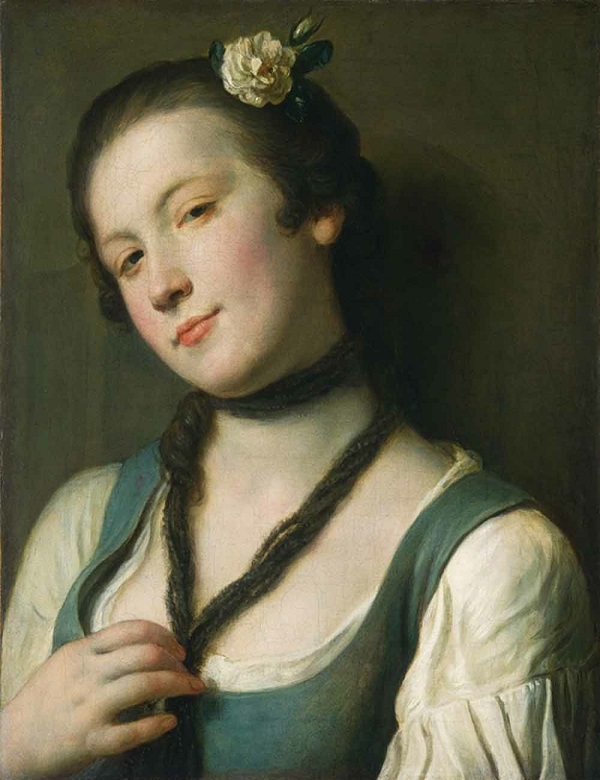FWP:
SETS == EK
GAZE: {10,12}
SCRIPT EFFECTS: {33,7}
What an enjoyable and entirely Ghalibian verse! After a long delay, and a great amount of heedlessness, what does the beloved finally send in her lover's direction? Here are three different ways to read the second line, that take fine advantage of the double sense of bah :zaahir as either 'manifestly, clearly' or 'outwardly, seemingly':
=A glance that is obviously less than a real, full glance-- since it emerges after long delay from the beloved's heedless eyes; so that the lover reproaches her for her ungenerous behavior (reading ik as 'single' or 'only').
=A glance that is outwardly/apparently less than a glance-- but to the inner, initiated eye and heart, so much more; so that the lover celebrates the beloved's mystically powerful gaze (reading ik as 'excellent' or 'unique').
=A 'glancelet' that is obviously less than a glance-- since nigah is clearly a shorter word than nigaah , as Nazm points out, this is a (metrically-based) 'script-play' that deserves to be relished entirely in its own right.
This latter reading is a particular favorite of mine. I believe
it's the only verse we've seen so far in which Ghalib is makes special and
playful use of something as commonplace (and normally meaningless) as a meter-governed
spelling change.

Nazm:
The great beauty of this verse is that it has shown a picture of the heedlessness of the beloved. A second pleasure is that in one glance there would be such density that the glance would be less than another glance. Another subtle pleasure is that nigah is less than nigaah because the latter has an alif and the former doesn't. (222)